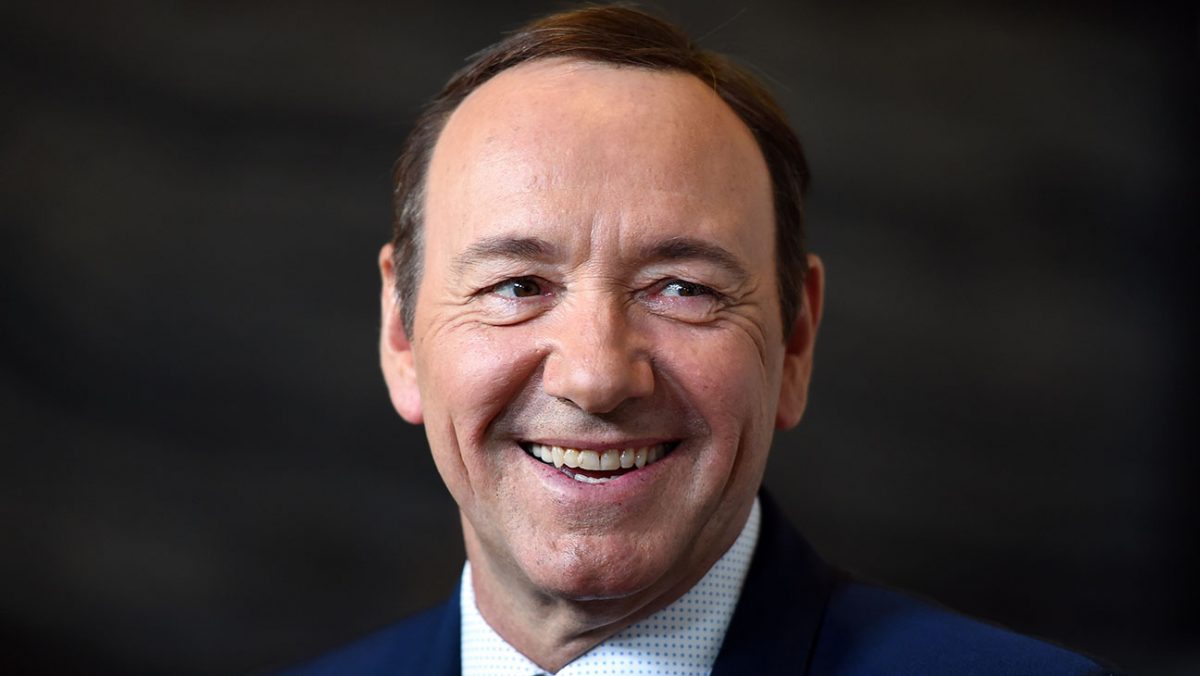Kevin Spacey likely believed, as all men in power do, that it would all work out. He could not recall the details of a drunken episode from twenty years before in which he was alleged to have sexually assaulted Anthony Rapp at the age of fourteen. This was very much on the level of the ongoing abuse committed against minors by Catholic priests, where men in power had invited young boys into safe space and violated their trust. In Rapp’s story, Spacey allegedly invited Rapp and his boyfriend over to watch the Tony Awards in Toronto, a ritual among actors as holy and as protracted as a Catholic wedding. He picked Rapp up like some sack doll, deposited him like a lithe concubine onto his bed, and believed that this kid was his for the taking.
Aside from failing to consider the full impact that such unfathomable behavior would have inflicted upon a kid, Spacey had willfully misread the climate that had flickered into being after Harvey Weinstein had been rightly exposed as a predatory animal. Sexual abuse and unsavory quids pro quo had been hidden from the public for far too long. Victims have seen their lives damaged or severely set back, if not permanently derailed, because the victimizers have long controlled the narrative. But now the victims are taking the narrative back, even as Twitter attempts to stifle their voices with flip twelve hour suspensions. Men in power had told these victims for too many years that being an objectified plaything or watching a man masturbate or allowing a man to suffocate you with his intimidating physical presence were the only ways to get ahead. There were decades of pain, years of depression, quiet cash settlements, countless days where victims were fighting the battle to rebuild their self-worth after media forces and Hollywood mechanisms tried to invalidate their stories and vitiate their pain. The time was well overdue for a reckoning.
And so Kevin Spacey issued a statement. Because his efforts to understand what he may or may not have done were directed inward, he did not have the power to look outward. This is the common trap of anyone coming to terms with bad behavior. Kevin Spacey could not see that Anthony Rapp was due more than “respect and admiration” and that his alleged actions were not merely “deeply inappropriate drunken behavior,” but a deep scar that Rapp had carried for more than thirty years and that we may never know the full story about. And Kevin Spacey refused to step down as the cynosure of the narrative.
Instead, Spacey did something even more despicable in his attempt to atone. He aligned his sexual abuse with his sexuality, using the opportunity to come out as a gay man. As bad timings go, this was just as repulsive as David Leavitt tweeting “The last time I listened to Ariana Grande I almost died too” just as a terrorist had killed 22 people, including children, at an Ariana Grande concert. But it was far more insidious. Because Spacey’s statement equated sexual abuse with sexual orientation, which is akin to any number of racist stereotypes perceiving the black body as hypersexualized. Spacey’s statement was, to say the least, wrongheaded and deeply offensive to both the struggles of sexual abuse survivors and those who are afraid of coming out. That it follows so close on the heels of Robert Scoble’s deplorable outing of an abuse victim and his slackjaw-inspiring suggestion that his sexual harassment did not qualify because he did not possess power (a lie) suggests that men in power who have committed deep wrongs are incapable of putting their egos aside when coming to terms with the trauma and unpleasantness that they have inflicted upon other lives.
I believe that Kevin Spacey should be allowed to come to terms with what he did and continue his fine work as an actor, but he’s not helping himself by surrendering his sensitivity. The victim must always be prioritized over the victimizer in cases of atonement.
